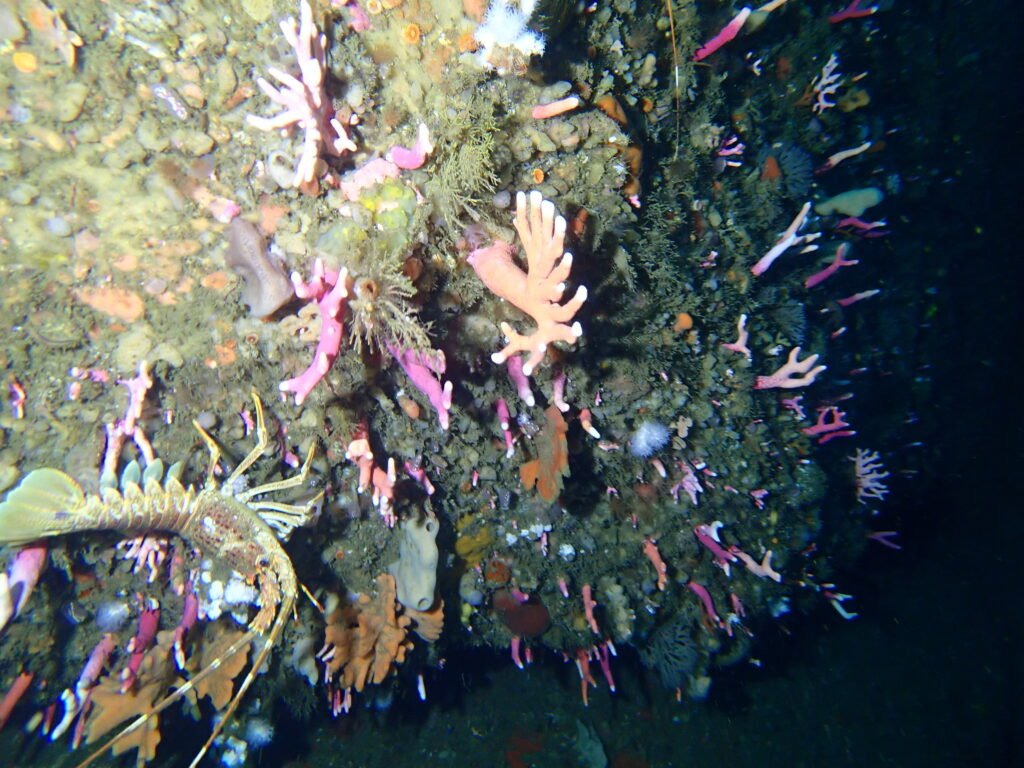For decades, humans have prided themselves on being the only species capable of complex medical care stitching wounds, prescribing medicine, even performing life-saving surgeries. But what if we’re not alone?
A pioneering 30-year study in the Budongo Forest, Uganda, has shown that wild chimpanzees not only care for their own wounds, they actively provide first aid to others, going so far as to put themselves at risk in order to do so. From wound licking to medicinal leaves, the apes are exhibiting behavior eerily similar to human medicine. And the most surprising thing? They don’t only assist relatives, they even assist strangers.
This discovery doesn’t just rewrite our understanding of chimp intelligence; it forces us to reconsider the very origins of human compassion.
Chimp First Aid: More Than Just Instinct
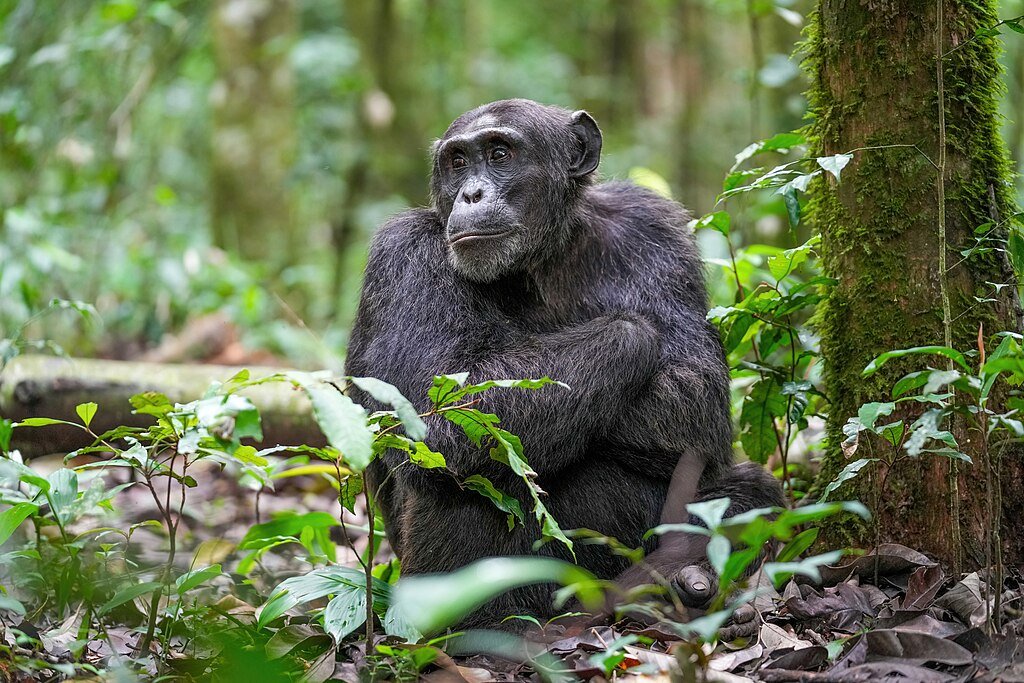
When a male chimpanzee in Budongo Forest freed an unrelated female from a deadly snare, an act that likely saved her life, researchers knew they were witnessing something extraordinary. But this wasn’t an isolated incident. Over three decades, scientists recorded 34 cases of self-care and seven instances of chimps helping others, published in Frontiers in Ecology and Evolution.
What makes these behaviors so remarkable is that they go beyond basic survival. Chimps were seen:
- Licking wounds (saliva has mild antiseptic properties)
- Applying crushed leaves (some plants have antimicrobial effects)
- Removing debris from injuries (like makeshift wound cleaning)
“This isn’t just hygiene, it’s deliberate, targeted care,” says Dr. Elodie Freymann, lead researcher from the University of Oxford.
The Empathy Factor: Why Chimps Risk It All
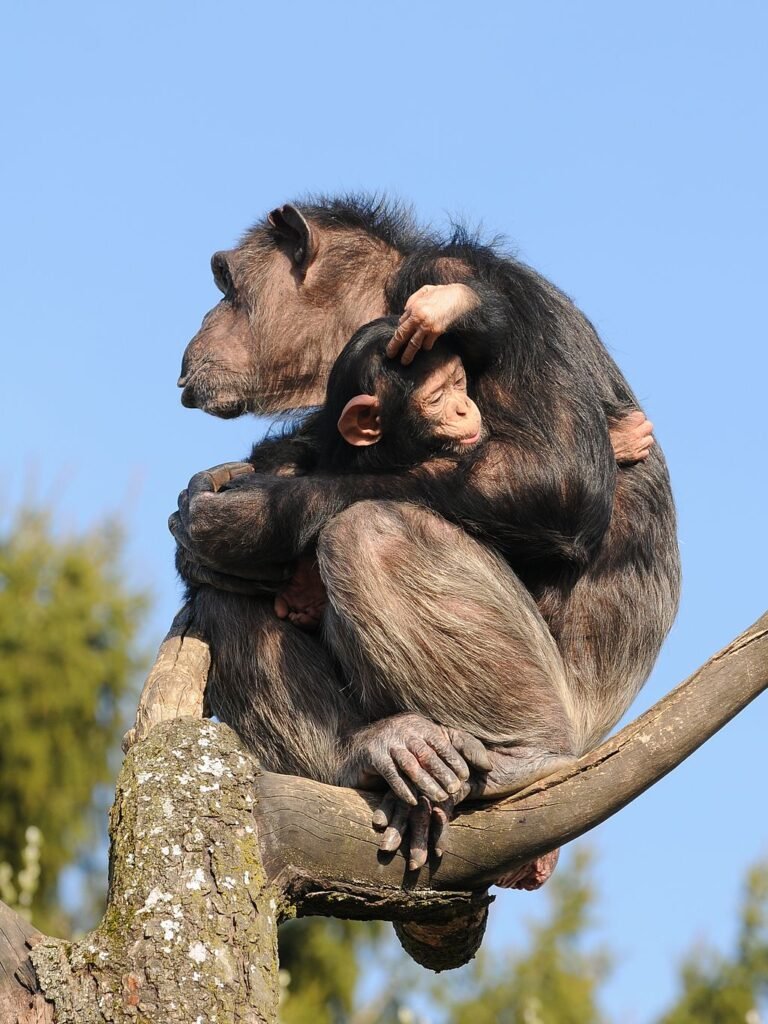
One of the most surprising findings? Chimps often help unrelated individuals even potential rivals. In one striking case, two young males were observed licking each other’s wounds, despite the risk of infection.
“I thought, Wow, that’s dangerous, he’s exposing himself to pathogens,” Freymann recalls. “But he did it anyway. That’s not just instinct it’s camaraderie, maybe even empathy.”
Dr. Christine Webb, a Harvard primatologist not involved in the study, agrees, This suggests a level of social awareness we rarely credit to animals. It forces us to ask, “How much of human medicine is truly unique?”
The Mystery of Selective Care: Why Don’t All Chimps Get Help?
Here’s the puzzling part: Not every injured chimp receives aid. Some are left to suffer, even when others nearby could intervene.
Freymann admits, “We don’t know why. If chimps can free each other from snares, why don’t they always do it? Why do some get help while others don’t?”
Possible theories:
- Social bonds matter (allies get priority)
- Risk assessment (helping might be dangerous)
- Learned behavior (not all chimps know how)
This differential care brings unsettling similarities with human societies where assistance isn’t invariably given equally.
Monkey See, Monkey Heal: How Chimps Learn Medicine
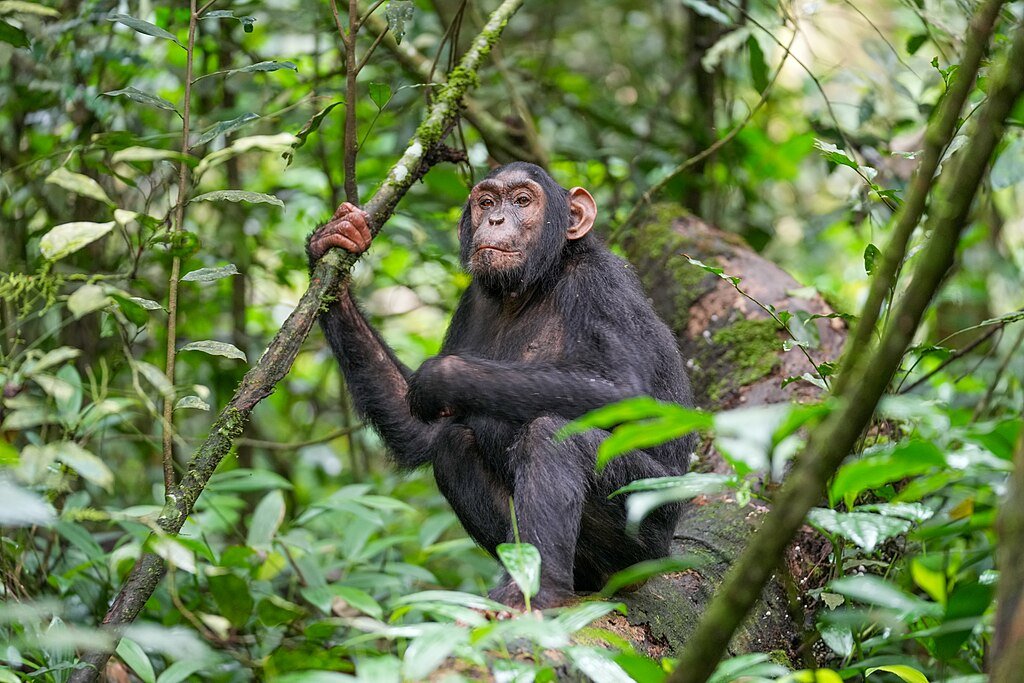
Just like humans, chimps appear to learn medical techniques by observation. In 2021, a young chimp watched as an older male, Kirabo, chewed bark and pressed it onto his wounded knee. The youngster stared intently as if studying the technique.
Even more striking? A 2008 case where a juvenile female, Night, saw her mother Nambi treat a vaginal injury with chewed leaves. Night then copied the behavior, pressing a folded leaf to her mother’s wound.
“This suggests social learning plays a role in chimp medicine,” Freymann says. “It’s not just instinct they teach and learn.”
Could This Be the Origin of Human Medicine?
If chimps can recognize suffering, apply treatments, and even teach healing methods, where do we draw the line between animal behavior and human medicine?
Webb argues: “The foundations of human caregiving empathy, problem-solving, social learning aren’t uniquely human. They’re part of our deep evolutionary past.”
Freymann goes further: “Maybe our earliest ancestors started exactly like this one chimp helping another, passing down knowledge. Over millennia, that could have evolved into human medicine.”
The Bigger Picture: What This Means for Science (And Us)
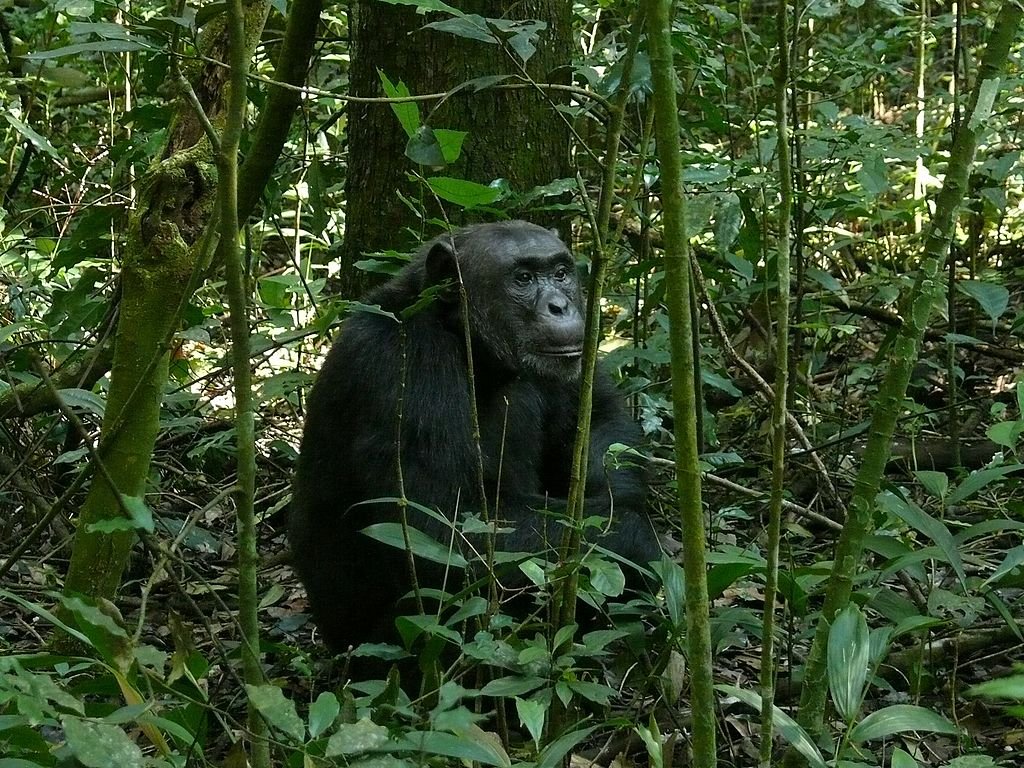
This research does more than add to chimp behavioral studies, it challenges human exceptionalism. If chimps display empathy, medical knowledge, and even altruism, what truly separates us from them?
And ethically, it raises urgent questions:
- Should chimps (and other animals) be granted greater rights?
- Could studying their behaviors improve human medicine?
- How much intelligence have we underestimated in the animal kingdom?
One thing’s certain: The next time you see a chimp, remember—they might just know first aid better than you do.
Final Thought: A Humbling Discovery
As Freymann puts it: “We’re not as special as we think. The roots of human kindness, care, and even medicine run deeper than we imagined and they’re written in the DNA of our closest relatives.”
So the next time you reach for a bandage, ask yourself: Did we invent medicine… or did we inherit it?
Sources:

Jan loves Wildlife and Animals and is one of the founders of Animals Around The Globe. He holds an MSc in Finance & Economics and is a passionate PADI Open Water Diver. His favorite animals are Mountain Gorillas, Tigers, and Great White Sharks. He lived in South Africa, Germany, the USA, Ireland, Italy, China, and Australia. Before AATG, Jan worked for Google, Axel Springer, BMW and others.




